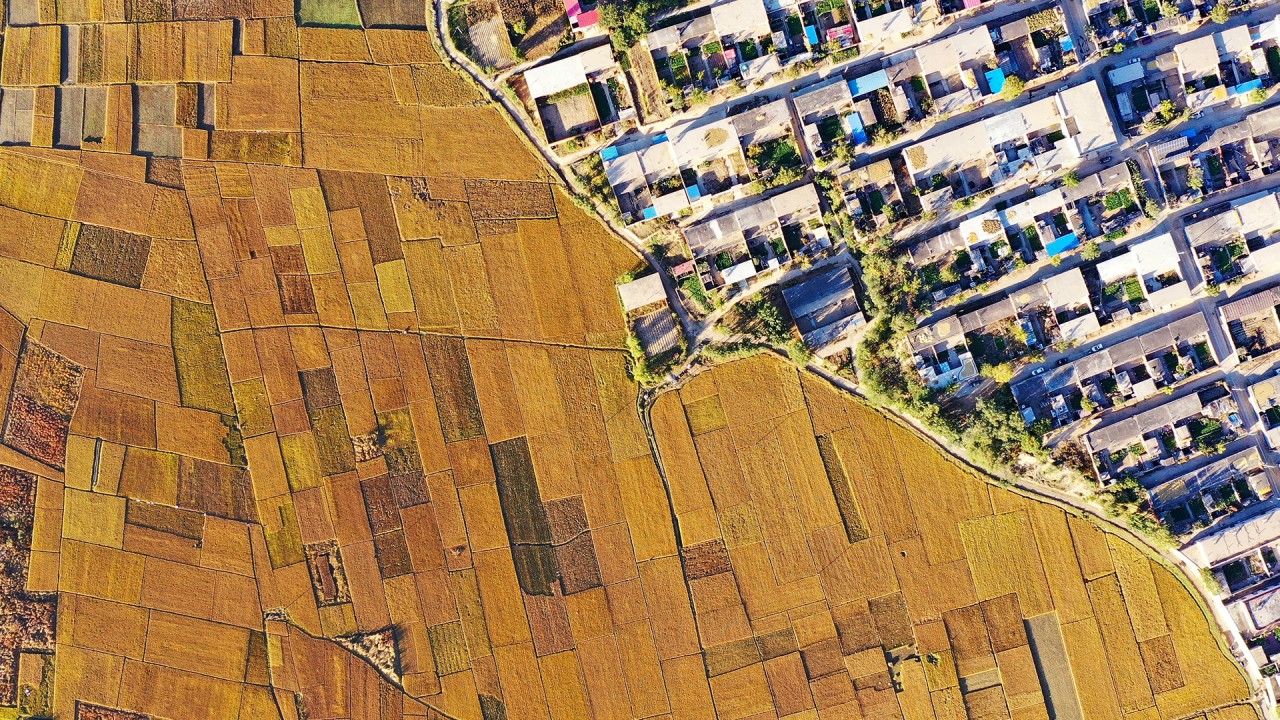
China food security: Beijing calls for biotech breakthrough to improve seed industry
- China’s top leaders have signalled a push to improve the nation’s seed industry as part of a campaign to ensure food security
- Concerns about food supply have heightened this year due to reports of grain shortages and disruptions from the pandemic
Some 3,000 years after Chinese farmers domesticated soybeans, the government is calling for another biotechnology breakthrough in the seed industry to improve food security.
Beijing has boosted oversight of grain reserves this year, but for the first time last week the country’s top leaders said steps would be taken to improve the seed industry.
“China’s seed industry has made great progress, but there is still a big gap with the most advanced international levels
The country “must strive for technological breakthroughs in seeds” and “battle to turn the seed industry around”, policymakers said in a statement released on Friday at the end of the Central Economic Work Conference, which set economic policy priorities for 2021.
The announcement also called for greater protection and storage of China’s germplasm resources – seeds or genetic tissue – through the construction of seed banks.
“China’s seed industry has made great progress, but there is still a big gap with the most advanced international levels,” he added, speaking at a forum organised by the China Centre for International Economic Exchanges a day after the conference ended.
Imported crop seeds account for only about 0.1 per cent of China’s domestic seed consumption, the Ministry of Agriculture and Rural Affairs said last week.
And among more than 7,200 licensed seed companies operating in China, only 25 are foreign-invested firms, the annual sales of which accounted for just 3 per cent of the total market, it added.
Still, China is dependent on foreign seeds for a variety of vegetables, and even a crop like corn is reliant on foreign germplasm for breeding, Zhao Jiuran, director of the corn research centre at the Beijing Agriculture and Forestry Academy of Sciences, told state-run magazine Outlook Weekly. Seeds for wheat and rice were almost all bred in China, he said recently.
Genetically modified (GM) crops have been touted as a solution to China’s food security, but Beijing has maintained a conservative stance towards the technology, given public health concerns.

02:12
China can expect bumper 2020 harvest despite bad weather and floods, officials say
However, there are signs its position may be relaxing.
Earlier this year the agricultural ministry granted safety licenses to three domestic GM crops, two varieties of soybean and one type of corn, for the first time in over a decade.
“The tone about the GM technology seems to be changing, it is no longer about how much it will hurt human health, but how big its impact will be on grain security once restrictions are lifted,” said Zhang Xin, an analyst at GLOCON Agritech Co-Innovation Institute, in a note on Monday.
Other analysts expected greater commercialisation of GM crops following the working conference statement.
“2021 will become an important window for policy,” analysts from Huatong Securities wrote in a note last Sunday, adding certification and promotion of GM crops was likely to advance at a quicker pace.

